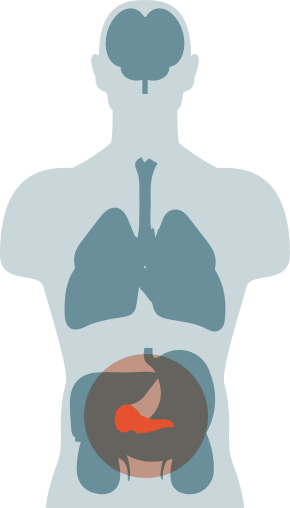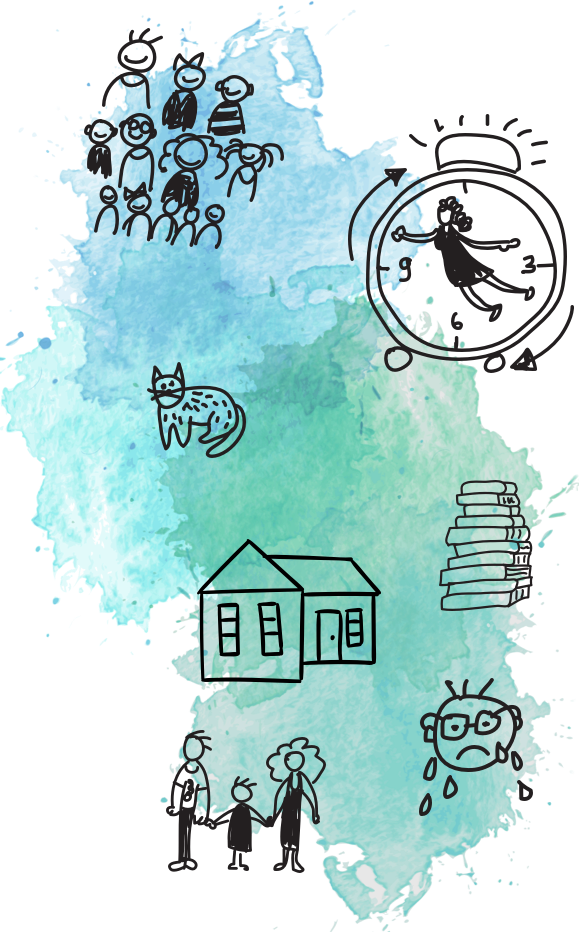Need immediate support?
Please call 8-1-1 for 24/7 general health information and advice. Indigenous people across Canada can also call the toll-free Hope for Wellness Helpline at 1-855-242-3310.
Need immediate support?
Please call 8-1-1 for 24/7 general health information and advice. Indigenous people across Canada can also call the toll-free Hope for Wellness Helpline at 1-855-242-3310.
Many people drink alcohol because it’s seen as normal in our society, and it’s regularly used as part of celebrations and social events. According to Statistics Canada, about three-quarters of people living in Canada drink alcohol. However, it can cause harm—not only to the person drinking, but also to the people around them.





If you want to learn more about the latest Canadian guidelines for what is considered “low-risk” drinking and the research behind those guidelines, visit Canada’s Guidance on Alcohol and Health or read Canada’s Guidance on Alcohol and Health: Final Report. The report is written for health care professionals, scientists and policymakers, but you might also find it interesting.
There are many factors that can affect our health in positive and negative ways, including some that are out of our control. These social, economic and environmental factors are known as “social determinants of health”.
Some examples of social determinants of health include:
Race
Gender
Where you grew up
Where you live now
Whether you have stable housing or not
Access to education
Access to health care
Access to nutritious food
Your childhood experiences, your access to community, and whether you have a support network of family or friends can also make a big difference in your health. The same goes for any mental health conditions you might have, like depression or anxiety, and any other substance use problems you are facing.
All of these factors can make it harder for you to be healthy and stay in good health. They can also increase your risk of developing a problem with alcohol or drugs.
The reasons behind our choices and actions are complicated, often going beyond the simple idea of “good” or “bad” decisions. For example, research shows that Canadians with higher incomes are often healthier than those with lower incomes, not because they always make “good” choices, but because they have advantages like easier access to health care and education, access to nutritious food within walking distance, safer living conditions, and so on.
Learn more about the social determinants of health from this Government of Canada website.

You can find more information about how to get help to stop or reduce your drinking safely here:
Day 1
Day 2
Day 3
Day 4
Day 7
1–2 weeks after you stop drinking
3–4 weeks after you stop drinking
1 month after you stop drinking
3 months after you stop drinking
1 year after you stop drinking
I keep people in my life that are positive influences and [I] removed those that were toxic. My relationships are vastly superior to before. I am someone that can be counted on and trusted, able to help and able to listen.